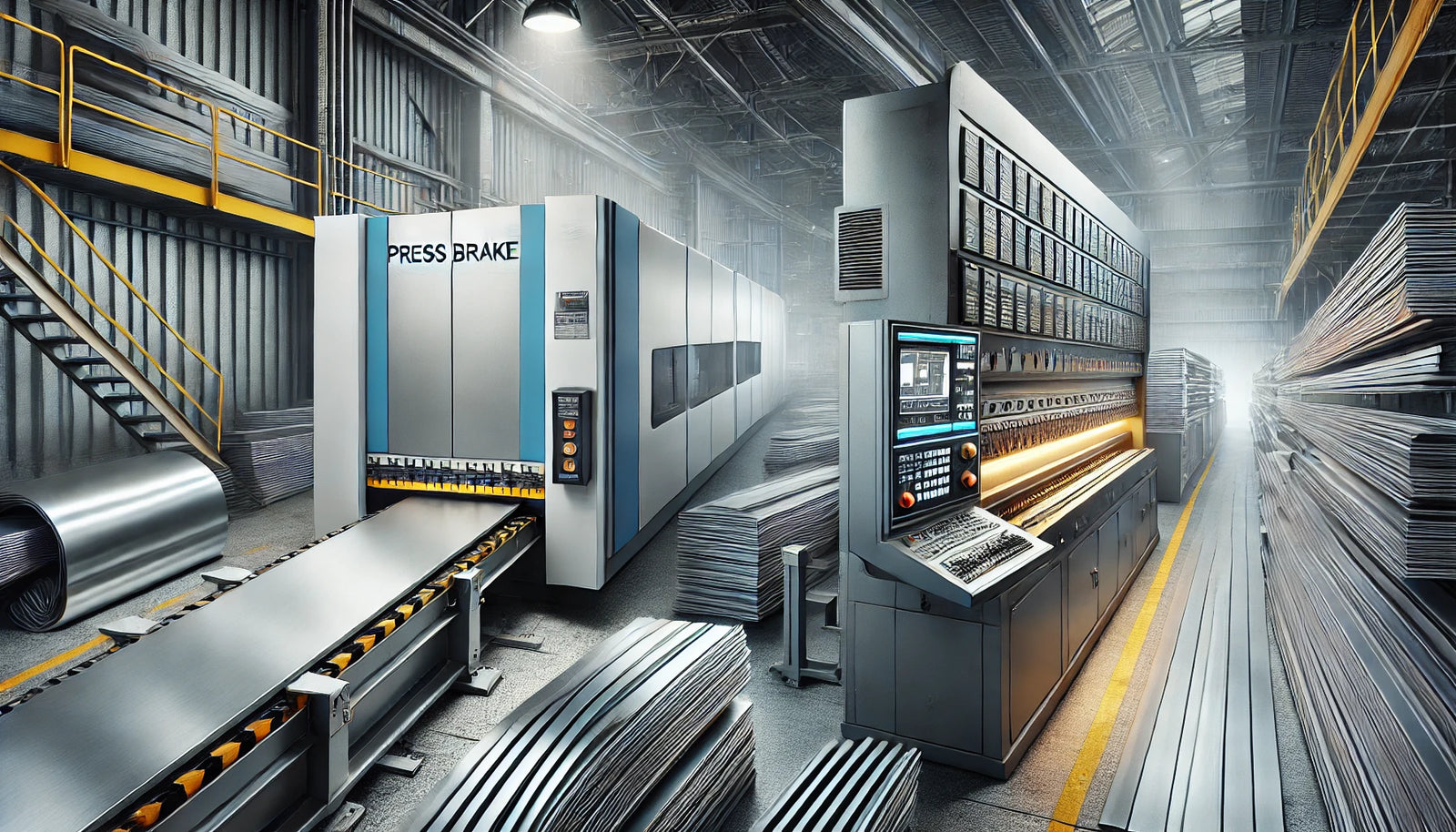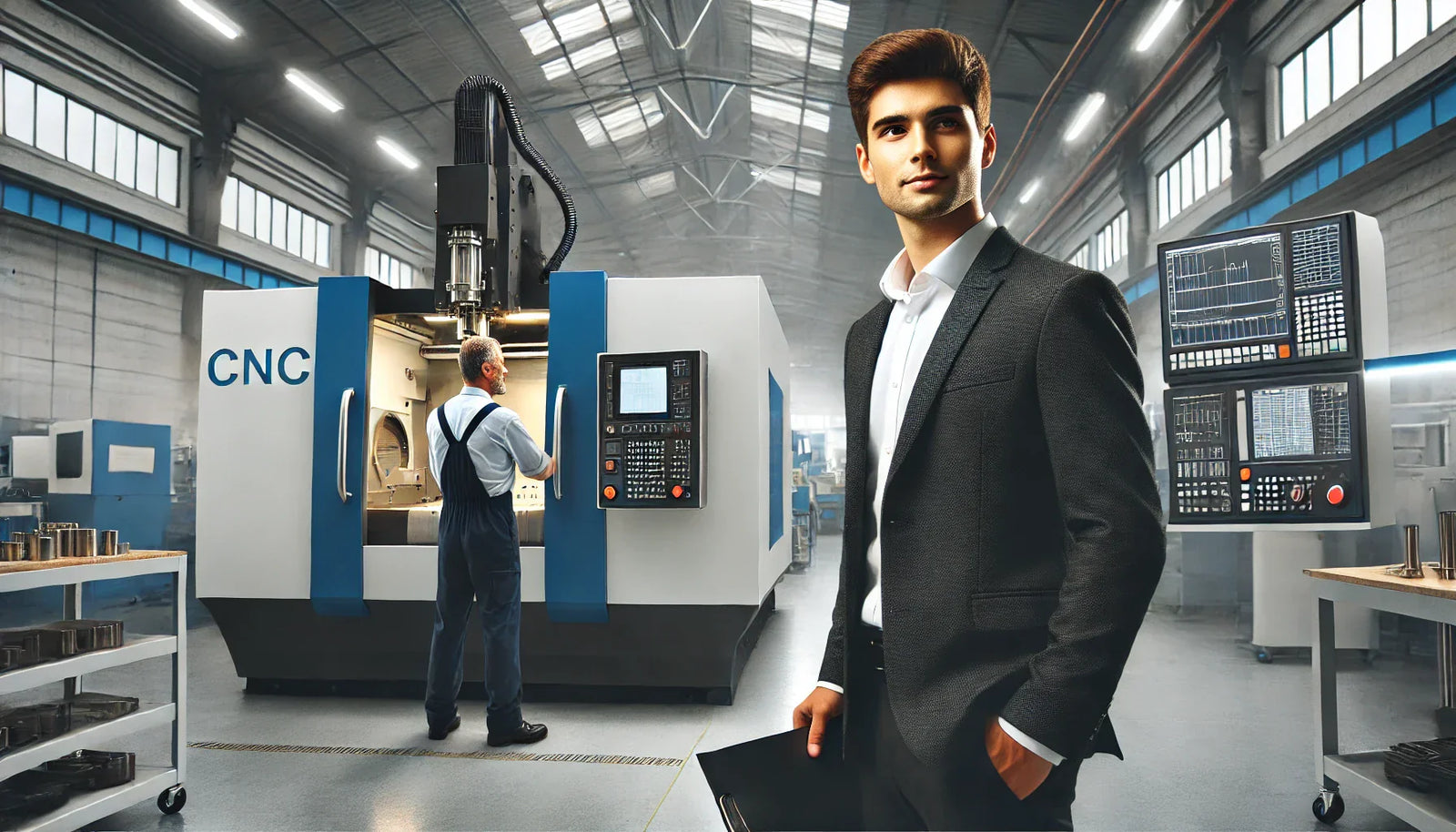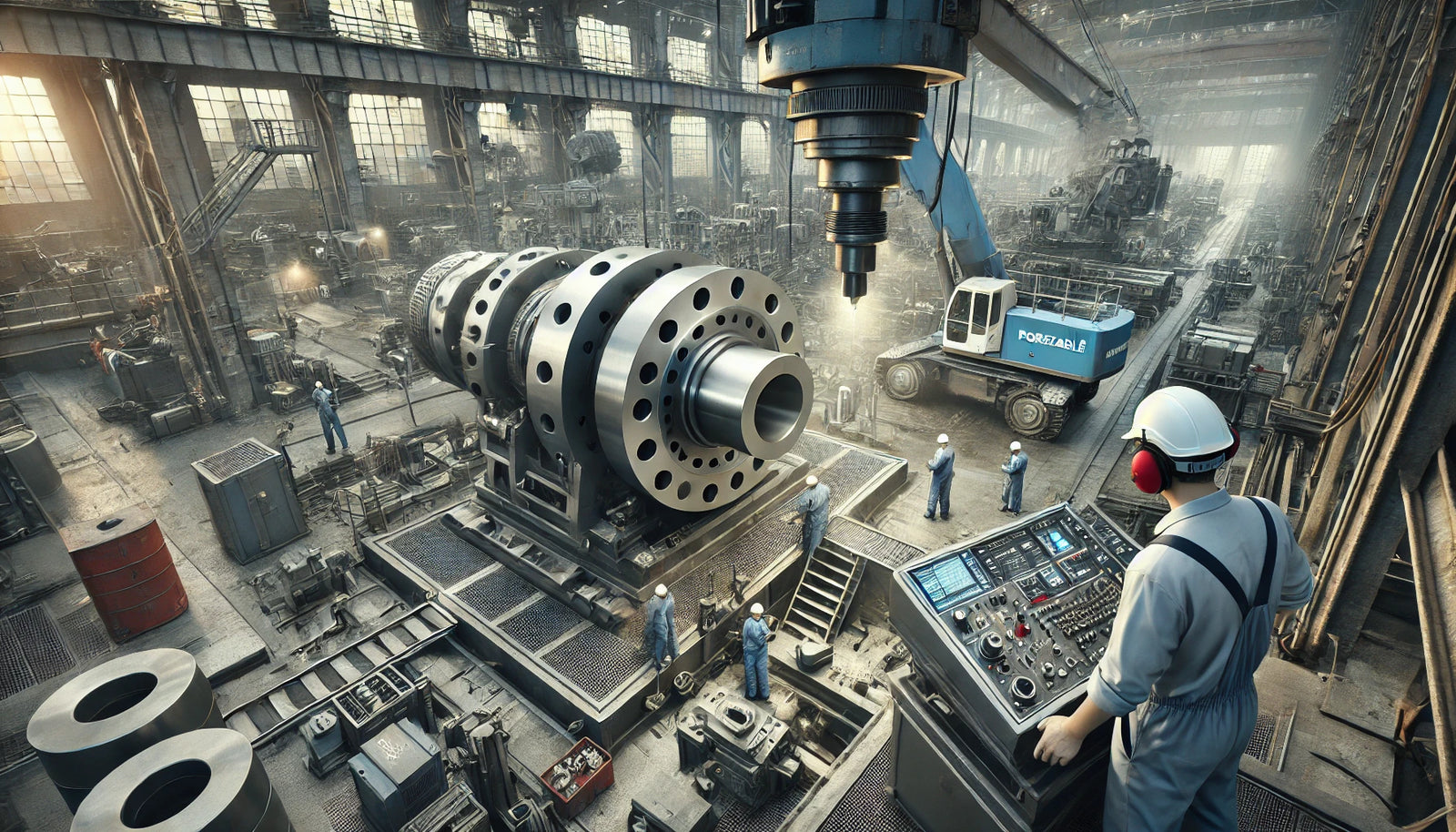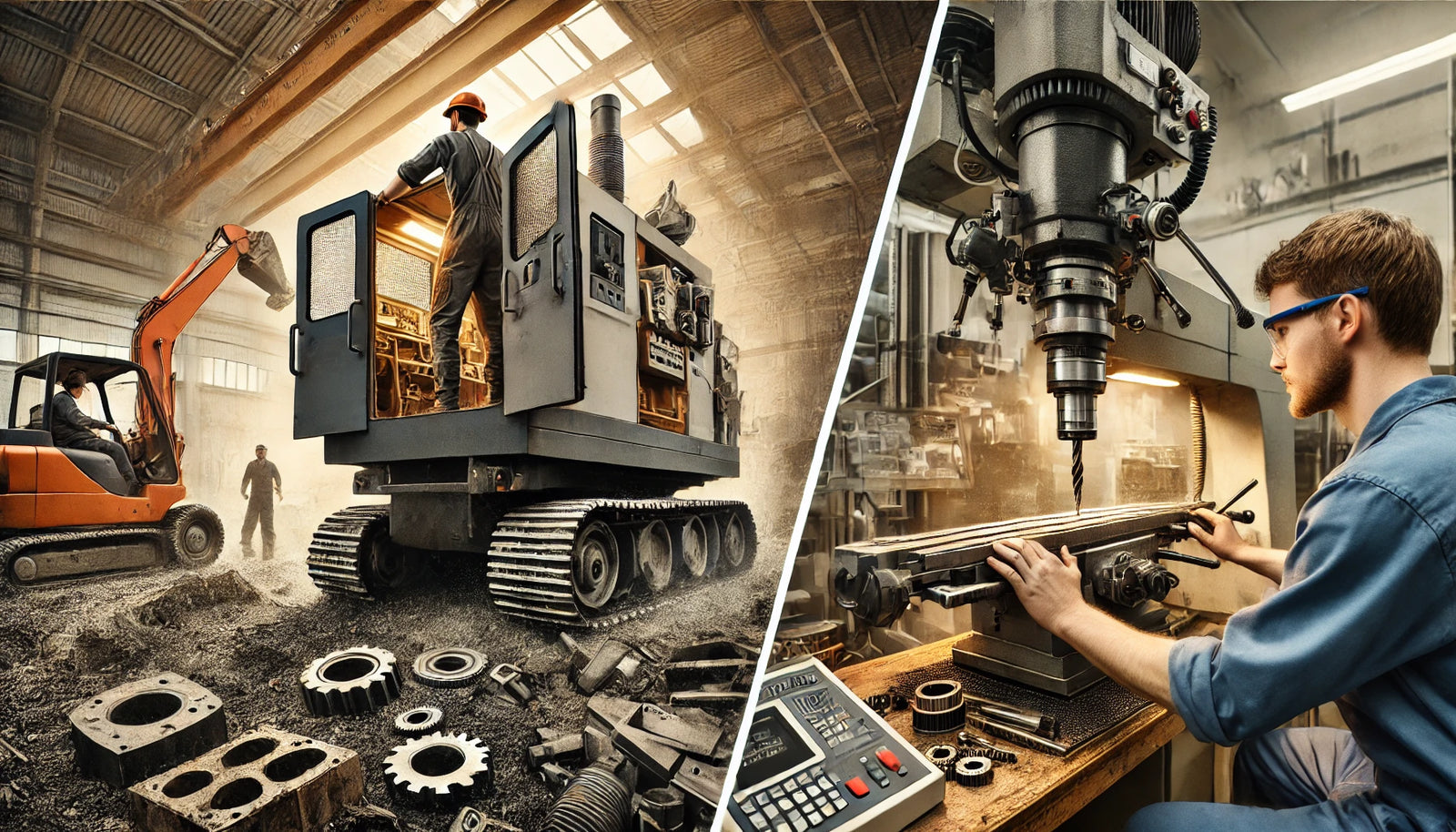CNC Hydraulic Press Brakes vs. Traditional Bending Machines: What’s Right for Your Shop?
In the world of metal fabrication, bending metal components is a critical process. As technology advances, fabricators have more options when it comes to selecting bending machinery. Two of the most commonly debated options are CNC hydraulic press brakes and traditional bending machines. Each has its own advantages and trade-offs, but which one is right for your shop? In this article, we'll break down the differences to help you make an informed decision.
What is a CNC Hydraulic Press Brake?
A CNC hydraulic press brake is a high-precision machine used for bending metal sheets. These machines are equipped with computer numerical control (CNC) technology, allowing for programmable, automated control over the bending process. CNC press brakes are known for their accuracy, repeatability, and ability to handle complex bends with minimal manual intervention.
Key Features of CNC Hydraulic Press Brakes:
- Precision & Automation: The CNC system allows for the programming of complex bend sequences, minimizing human error and ensuring consistent results.
- Flexibility: CNC press brakes can store and recall multiple programs, allowing operators to switch between jobs quickly.
- Efficiency: Automated setup and adjustments reduce downtime, enabling higher productivity.
- Hydraulic Power: The hydraulic system provides consistent force, making it easier to bend thicker and tougher materials.
What is a Traditional Bending Machine?
Traditional bending machines, often referred to as manual press brakes, require more operator involvement and are generally less automated. These machines rely on mechanical force, manual controls, and physical adjustment to perform bending operations. While they may lack the technological sophistication of CNC press brakes, they are still widely used, especially in smaller shops or for simpler applications.
Key Features of Traditional Bending Machines:
- Lower Cost: Manual press brakes are typically more affordable upfront compared to CNC hydraulic models, making them an attractive option for smaller shops.
- Simplicity: These machines are straightforward and easy to maintain, requiring minimal training.
- Manual Control: Operators must manually set up and control the bending process, which can lead to variability between bends.
- Lower Maintenance Costs: With fewer electronic components, traditional machines may require less maintenance in the long run.
Comparing CNC Hydraulic Press Brakes and Traditional Bending Machines
| Feature | CNC Hydraulic Press Brake | Traditional Bending Machine |
|---|---|---|
| Precision | Extremely high, repeatable | Dependent on operator skill |
| Setup Time | Fast, automated | Slower, manual setup required |
| Programming | Yes, can store multiple programs | No, fully manual |
| Cost | Higher upfront | Lower upfront |
| Flexibility for Complex Bends | Excellent | Limited |
| Operator Skill Requirement | Minimal due to automation | High, relies on experience |
| Productivity | Higher due to reduced downtime | Lower, especially for complex jobs |
| Maintenance | Moderate (electronics, hydraulics) | Lower (manual) |
Benefits of CNC Hydraulic Press Brakes
- Consistency and Accuracy: With CNC programming, every bend is precise and repeatable, ideal for high-volume production or intricate designs.
- Increased Efficiency: CNC machines significantly reduce setup time, making them perfect for shops that handle diverse projects and need fast changeovers.
- Complex Bending Capabilities: If your shop regularly deals with parts that require multiple, intricate bends, CNC hydraulic press brakes will save time and ensure perfect accuracy on every bend.
- Lower Skill Barrier: Since CNC machines automate much of the process, they require less operator expertise compared to traditional bending machines.
Benefits of Traditional Bending Machines
- Lower Initial Investment: If you’re just starting or have a limited budget, traditional bending machines provide a more affordable option while still being highly effective for simpler jobs.
- Simplicity: With fewer moving parts and electronic components, these machines are generally easier to maintain, and repairs can often be handled in-house.
- Control Over the Process: Skilled operators may prefer the hands-on control that a manual machine offers, allowing them to make adjustments on the fly.
What’s Right for Your Shop?
When choosing between a CNC hydraulic press brake and a traditional bending machine, the decision largely depends on the size of your shop, budget, and the complexity of the jobs you handle.
-
Choose a CNC Hydraulic Press Brake if:
- Your shop handles complex, multi-step bends.
- You need high precision and repeatability.
- You want to increase productivity with automated setup and adjustments.
- You have the budget to invest in technology that offers long-term benefits.
-
Choose a Traditional Bending Machine if:
- Your shop focuses on simpler bending tasks or lower production volumes.
- You’re working with a limited budget.
- You have skilled operators capable of managing the bending process manually.
- You prefer lower maintenance costs and simplicity of operation.
Conclusion
Both CNC hydraulic press brakes and traditional bending machines have their place in metalworking. If precision, efficiency, and flexibility are top priorities for your shop, investing in a CNC hydraulic press brake may provide the best return on investment. However, if you’re managing smaller jobs, simpler bends, or just starting out, a traditional bending machine could be a more cost-effective solution.
Whatever your decision, understanding the strengths and limitations of each type of machine will ensure that you equip your shop with the right tools to meet your production goals.
By evaluating your shop’s needs and capabilities, you can make the right choice to boost your productivity and ensure high-quality results on every project.





